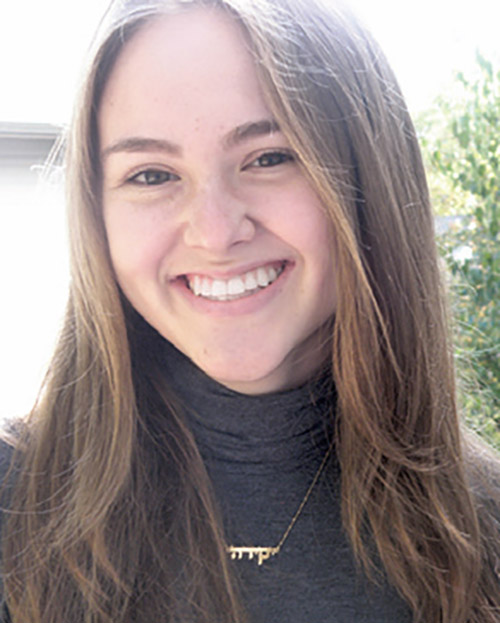
In high school, I was fortunate to have the opportunity to learn Gemara at least one period a day, for all four years. I began freshman year with almost no knowledge of Gemara, and graduated with the ability to learn a sugya of Gemara on my own with Rashi and Tosfot. My growth in Gemara learning was, of course, thanks to the ideology of the high school I attended, but also due to the time I spent learning from my four Gemara teachers, two of whom were women.
The knowledge and skills imparted to me by my Gemara teachers was, and still is, vital to the way I learned, and still learn Torah. But it was not only the masechtot I was taught and the Aramaic I was familiarized with that led me to be so excited about learning Gemara. It was the fact that I was being taught by learned, passionate women.
Though it is slowly being de-stigmatized, Orthodox feminism has long been a movement that has left many in the Modern Orthodox community loath to be associated with it. You don’t need to be a feminist, though, to understand why Jewish women, especially young women and girls, need strong, religious female role models in their lives to inspire them to lead observant lives and identify with Torah and spirituality. You cannot expect a Rabbi to serve as the prime religious figure in a woman or girl’s life, especially if that woman or girl understands that in the secular world, she can achieve anything.
For women like me, who struggle to reconcile their secular feminism with their religious feminism, strong females in the Orthodox world, like yoatzot Halacha, Gemara and/or Halacha teachers, and Tanach scholars, are an inspiration. They help me recognize that while Modern Orthodoxy is complex in its involvement of women, there is still potential to break the mold and use their passion for religion to inspire and teach others.
And even for women who aren’t like me, and for young girls who are still learning about religious practice in Modern Orthodoxy, it is still vital that they know that there are women who don’t let the typical definition of a Jewish woman dictate how they relate to Judaism. When I have children, I want my daughters to know that there is more than one way in which they can identify as a Jewish woman, and that when it comes to their religion, they should not be afraid to defy stereotypes.
But if we expect men and boys to be religious feminists as well, which we should, it is important that they recognize the importance of female leadership in the Orthodox community as well. Whether this means mothers learning with their sons, women teaching Torah to both female and male students, we need to teach young boys that Modern Orthodoxy isn’t defined by male authority. To ensure that the next generation of Jewish men respects their female counterparts in a religious sense, we must ensure that we are providing them with religious female role models who are in positions of leadership.
Though I don rose-colored glasses because of my youth, I don’t think that the practical ramifications of this are so complicated. More divrei Torah in major publications need to be written by women. There should be female Judaic studies teachers in all-boys middle schools and high schools. Both men and women should attend shiurim given by women. We should be encouraging boys to build up their female peers who are seeking to grow religiously, and not use what they learned in their yeshiva day schools to tear them down.
Women in positions of leadership in the Modern Orthodox community within a halachic framework should be praised, not criticized. It is time that all members of the community, men and women alike, understand that strong Jewish women are an important part of everyone’s religious education and growth, not just that of other women.
By Kira Paley
Kira Paley is a sophomore majoring in English at Yeshiva University’s Stern College for Women. A Teaneck native and graduate of Ma’ayanot High School for Girls, Kira enjoys satirical journalism, feminist literature and board games.













